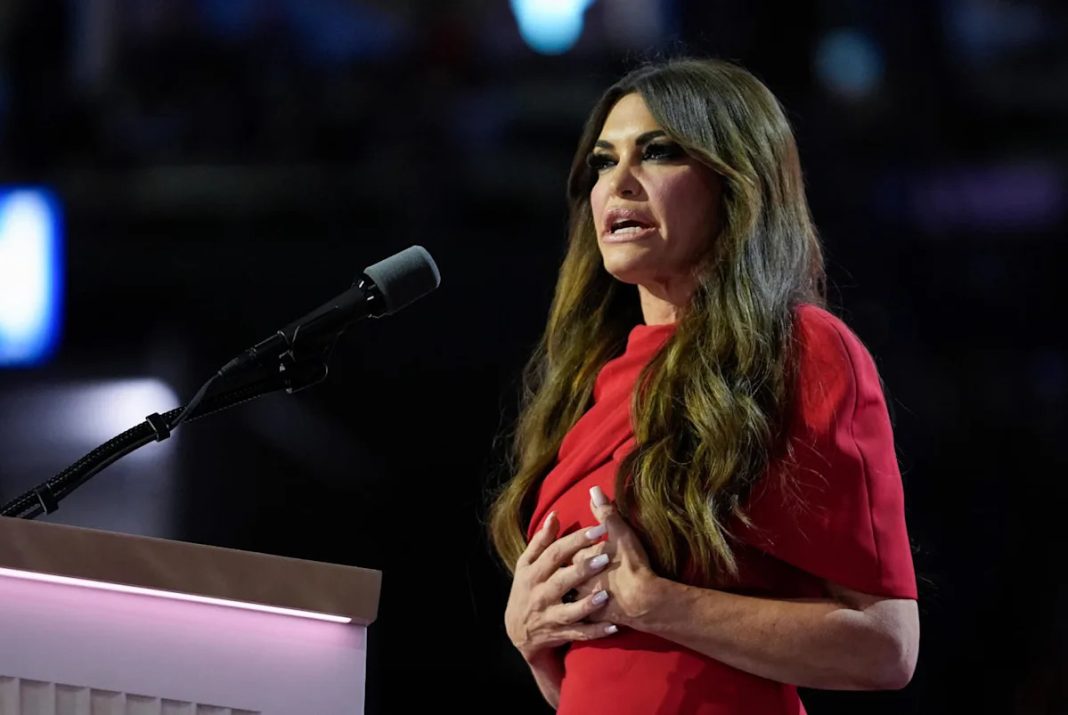Shortly before the Senate began its August break, the Republican majority wanted to confirm several of Donald Trump’s pending nominees, each of whom were languishing in the face of Democratic procedural resistance. What followed was a familiar sight to those who keep an eye on Capitol Hill: Party leaders negotiated and eventually settled on a deal.
To the surprise of nearly everyone, the president rejected the agreement, for reasons unknown, and walked away with nothing.
That was, however, a temporary setback for the White House.
As senators returned to Capitol Hill, with GOP members still fuming about Democrats standing in the way of Trump nominees, Republicans took advantage of the so-called “nuclear option” and last week changed the Senate’s rules related to the confirmation process.
Now able to confirm large numbers of presidential nominees quickly as a bloc, the GOP majority in the chamber approved 48 people in a single vote on Thursday afternoon. NBC News reported:
The party-line vote of 51-47 confirms a slew of Trump picks for sub-Cabinet positions and ambassadors. They include former Rep. Brandon Williams, R-N.Y., as undersecretary of energy for nuclear security, former Fox News personality Kimberly Guilfoyle as ambassador to Greece and Callista Gingrich, wife of the former House speaker, as ambassador to both Switzerland and Liechtenstein.
For many observers, the Guilfoyle nomination stood out, and it’s easy to understand why: Not only does she appear unqualified to serve as a U.S. ambassador, her confirmation also adds to the list of former Fox News hosts and conservative media personalities who’ve been rewarded with plum positions in the Trump administration.
But the nominee I was most interested in was Williams, who lost his re-election bid last fall after just two years in the House, whom Trump tapped to serve as undersecretary of energy for nuclear security and the administrator for the National Nuclear Security Administration — a job that entails oversight of the nation’s nuclear bombs and warheads.
As The New York Times reported earlier this year, Trump’s selection represented “a shift from a tradition in which the people who served as administrator of the National Nuclear Security Administration typically had deep technical roots or experience in the nation’s atomic complex.”
In other words, modern presidents from both parties have seen this important job as one for a technocrat with relevant policy expertise. Trump, however, chose a former Navy officer, investment banker and one-term member of Congress.
Hans Kristensen, the director of the Nuclear Information Project at the Federation of American Scientists, told the Times in January that Williams “will be facing an incredibly complex, technical job.”
In a normal political environment, senators might think twice about such a nomination. Indeed, in a normal political environment, a president might choose someone with more conventional qualifications. But in September 2025, Williams is on his way the National Nuclear Security Administration with the blessing of 51 Senate Republicans.
This article was originally published on MSNBC.com

